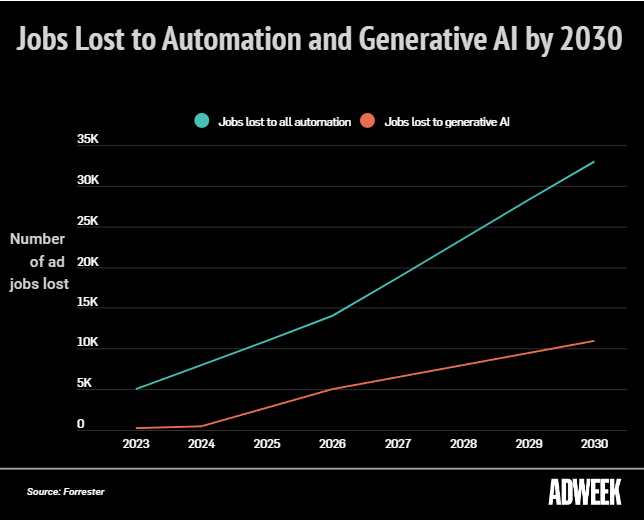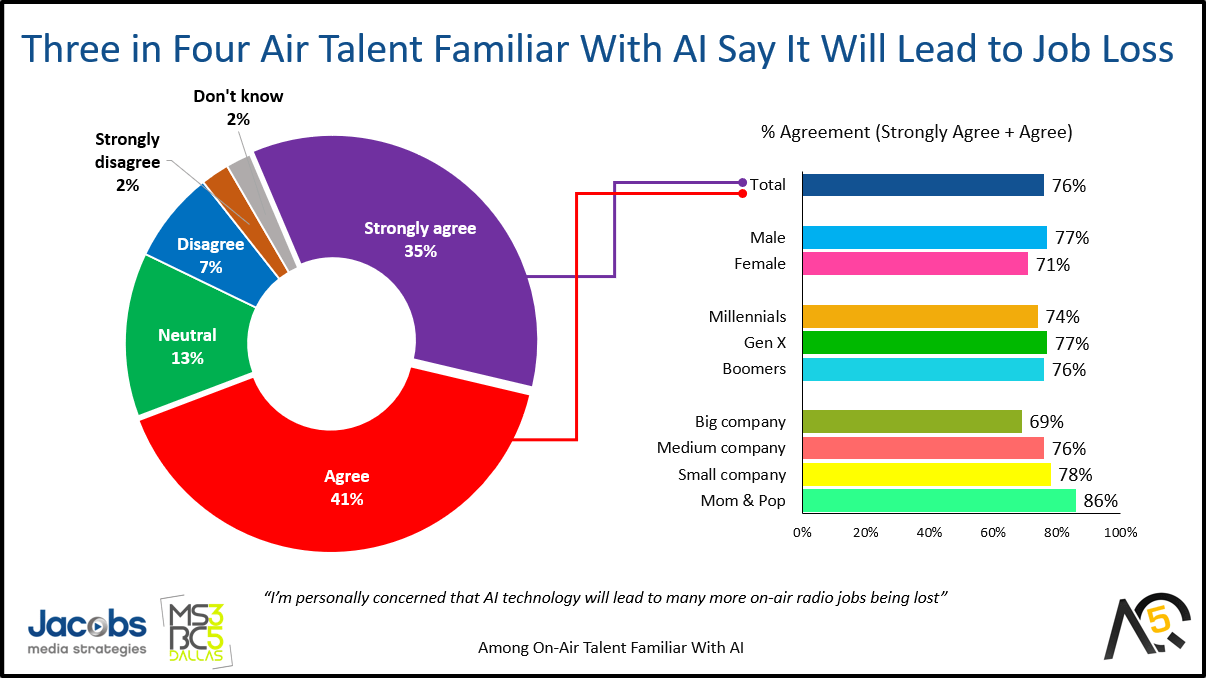
The theme of 2023, so far, is artificial intelligence. Specifically, of the generative variety.
While there’s always been a fear of technology and the health of the populace – remember, there were large factions of people convinced AM radio in cars was a distraction would lead to accident after accident – the fear of AI in virtually every quarter of society is palpable.
And we’re already seeing what happens when AI gets in the hands of evildoers – like TV producers. A new show on Netflix, cleverly titled “Deep Fake Love,” has all the makings of a humiliating and debasing experience. And sadly, that may translate into viewership.

Using all the technology at their disposal, the show’s producers put participants – or better put, victims -into the position of deciding whether the footage they’re screening is actually their partner cheating on them, or a cleverly produced AI deep fake.
As critic Randy Meeks notes, contestants are shown breaking down, crying, cursing, shaking, jumping up, and pacing’ as they watch “evidence” of their partners’ infidelity.
Given the downtrend in reality TV ratings, you have to believe other producers will be watching what AI can do to breathe some artificial life into this genre. The title of Meeks’ review – “‘Deep Fake Love’ is the cruelest Netflix reality show, and it’s not even close” – tells you all you need to know about the disheartening way this promising technology is already being used.
On the job front, it may be equally scary. A new study from Basis Technology is comprised of interviews among 200 marketing executives. The headline? More than one in ten (12%) have already replaced human jobs with AI bots or plan to do so in the not-so-distant future.
 And keep in mind, we’re still in the first inning of this game-changing technology. A year from now, that number will rise, impacting millions of workers.
And keep in mind, we’re still in the first inning of this game-changing technology. A year from now, that number will rise, impacting millions of workers.
AdWeek‘s Trishla Ostwal cites a Forrester report that predicts in ad agency world, 8% of the total job pool will be replaced by AI by 2030.
Courtesy of AdWeek, here’s what those job losses look like, trended over the next seven years. No wonder why so many are wary about how AI will be used by companies and corporations.

But what of radio?
We’ve covered some of the early movers in AI, specifically Alpha in Portland. AI Ashley (a.k.a. Ashley Z, pictured) was first in line, thanks to the curiosity of Alpha programming exec Phil Becker. I blogged about the “Portland Experiment”back in June, stimulating hundreds of comments and reactions from industry observers, consultants, and of course, air talent. And that was just the beginning.
the beginning.
As several people have whispered to me during these past several weeks, other companies are no doubt dabbling in the same technology, but are being less transparent about it than Alpha. And we’ve also seen reported in the trades, syndicated personalities like Bert Weiss and Elvis Duran exploring the efficiencies afforded by AI, including personalizing their presentations to affiliate markets and stations, live reads, and sponsor tags.
But what do the rank and file of today’s radio personalities think of AI thus far, and its potential impact on their livelihoods and futures?
That’s one of the central questions that guided this year’s version of our AQ studies, fielded earlier this month. This is research conducted among American radio air personalities working for commercial stations. All told, 500 respondents gave us their feedback about AI this year – and they didn’t mince words.
I’ll have the entire deck to debut on August 10th to kick off Morning Show Boot Camp 35 in Dallas. Don Anthony has been kind enough to have this presentation lead off his conference once again this year. I’m still poring through the data, but I can tell you there will be insightful findings, especially on the hot topic of AI.
To give you a taste of what I’ll show next week, here’s a data slide that leaves little doubt air talent in the U.S. are deeply concerned about job losses among their ranks as a result of AI.

Before this technology came along and dominated discussions in the industry, most prominent companies had been actively involved in RIFs – reductions in force – to keep pace with falling sales and a weakening economy. The advent of AI roils a business already caught up in turmoil.
But despite this, there are many positive signs in AQ5 that will provide feelings of optimism and the beginnings of a way forward. I’m looking forward to presenting the high points, and then sitting down with morning show icon Dave Ryan, syndicated star Greg Beharrell, and rising star Brooke Summers to discuss what it all means to radio.
Both Don and I are happy to provide this meaningful data to bring necessary perspective to this conversation. I don’t think there’s any question AI is going to play a key role in radio’s future – how it sounds, how it’s structured, and the impact it will have this year and in the future. Radio needs more data to better understand its position and to compete with the other major media players vying for audience and revenue.
 If you’ve already registered for Boot Camp, I’ll look forward to seeing you in Dallas. If you haven’t committed yet, I hope seeing some of this data will encourage you to attend and learn. And finally, if you’re on a radio company management team and you haven’t been to this event lately – or ever – don’t miss this year’s conference.
If you’ve already registered for Boot Camp, I’ll look forward to seeing you in Dallas. If you haven’t committed yet, I hope seeing some of this data will encourage you to attend and learn. And finally, if you’re on a radio company management team and you haven’t been to this event lately – or ever – don’t miss this year’s conference.
Of all the radio broadcasting get-togethers I attend, Morning Show Boot Camp is the most unique, the most inspiring, and the most hopeful. So many of the talent who attend – often on their own dime – are fired up about radio and their careers, in spite of everything that has and will happen. I always leave this event more amped up about our business.
You can learn more about Boot Camp and register here.
Meanwhile, AI isn’t going anywhere. Let’s learn about its capabilities and its ability to better and hurt brands – and people – and see if there are ways to further radio’s position in the media hierarchy.
Onward.
- For Radio, Will It Be Christmas In April (And Hopefully, May)? - April 21, 2025
- Media And Technology In 2025: Believe It Or Not! - April 18, 2025
- In Radio, You Just Never Know - April 17, 2025




With respect, we are not in the first inning of our encounter with artificial intelligence (AI); we’re coming into the second. Our society already had its first inning with AI–and got creamed: social media. Let’s do better this time.
To me, AI simply means data-driven. NOBODY knows more about data-driven than advertising-funded media has for over fifty years.
Broadcasters are already AI royalty!!
I grew up in a town where bowling was the #1 spectator sport. A 24 lane establishment had to “hire” 12 pinsetters. In 1958 the youngsters who set up pins were replaced by machines, usually supervised by one person. This was my first exposure to what we call “artificial intelligence” in 2023. I was one of the lucky ones who learned how to fix those machines. There are many reasons NOT to use AI in 2023, but there are reasons to use it also, and the smart ones will find a way to use its advantage to theirs. The most intelligent use should be to utilize the best and most lucrative resources in the entertainment industry. Use humans where that does the most good-use AI where THAT does the most good. Secondarily, use it to save money. That’s MY take on it, but I don’t handle the economics of today’s entertainment industry. There will be experiments in AI that will fail, and those that will succeed. Let’s hope that eventually the best will win out-for the consumer’s sake.